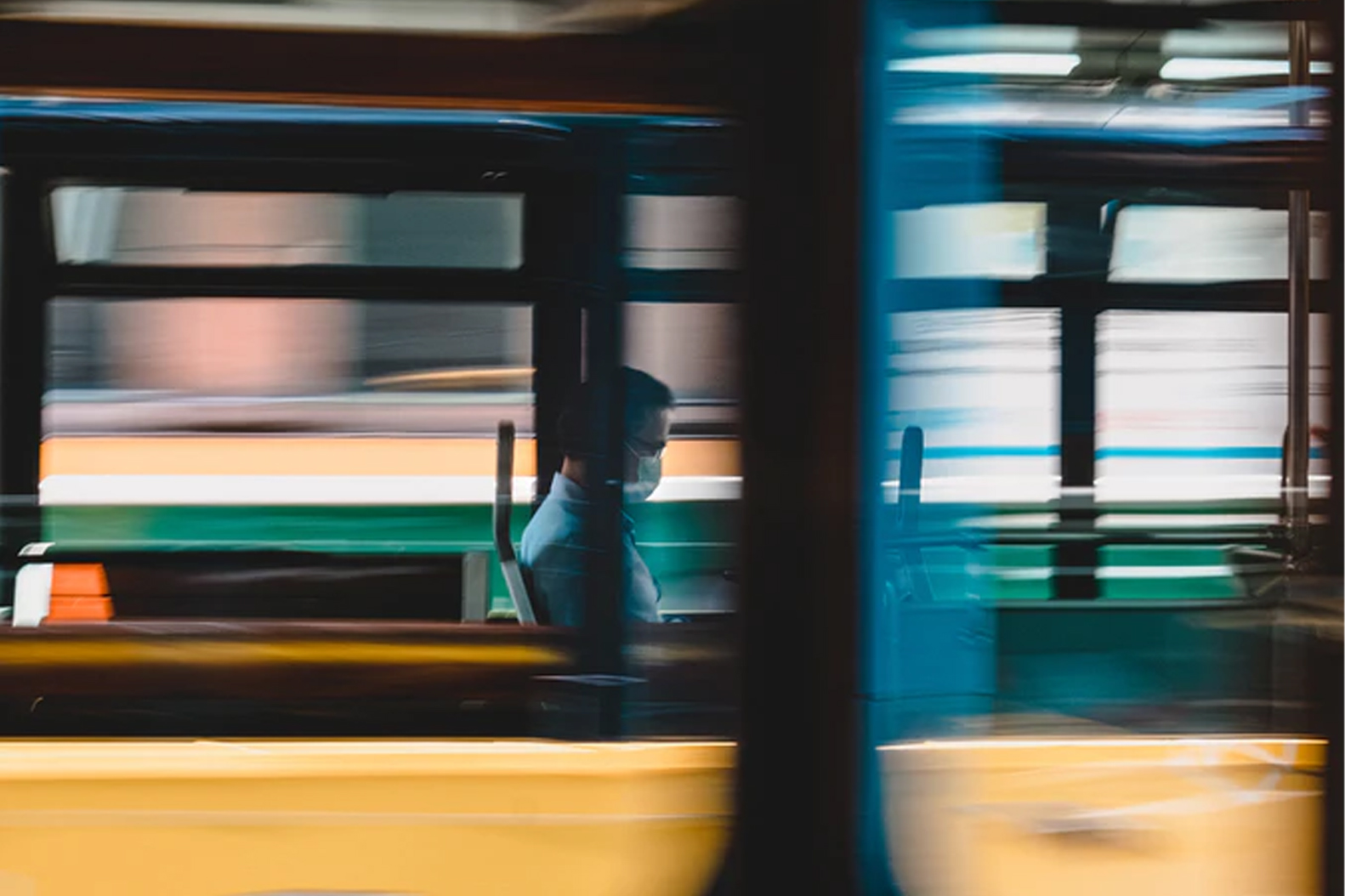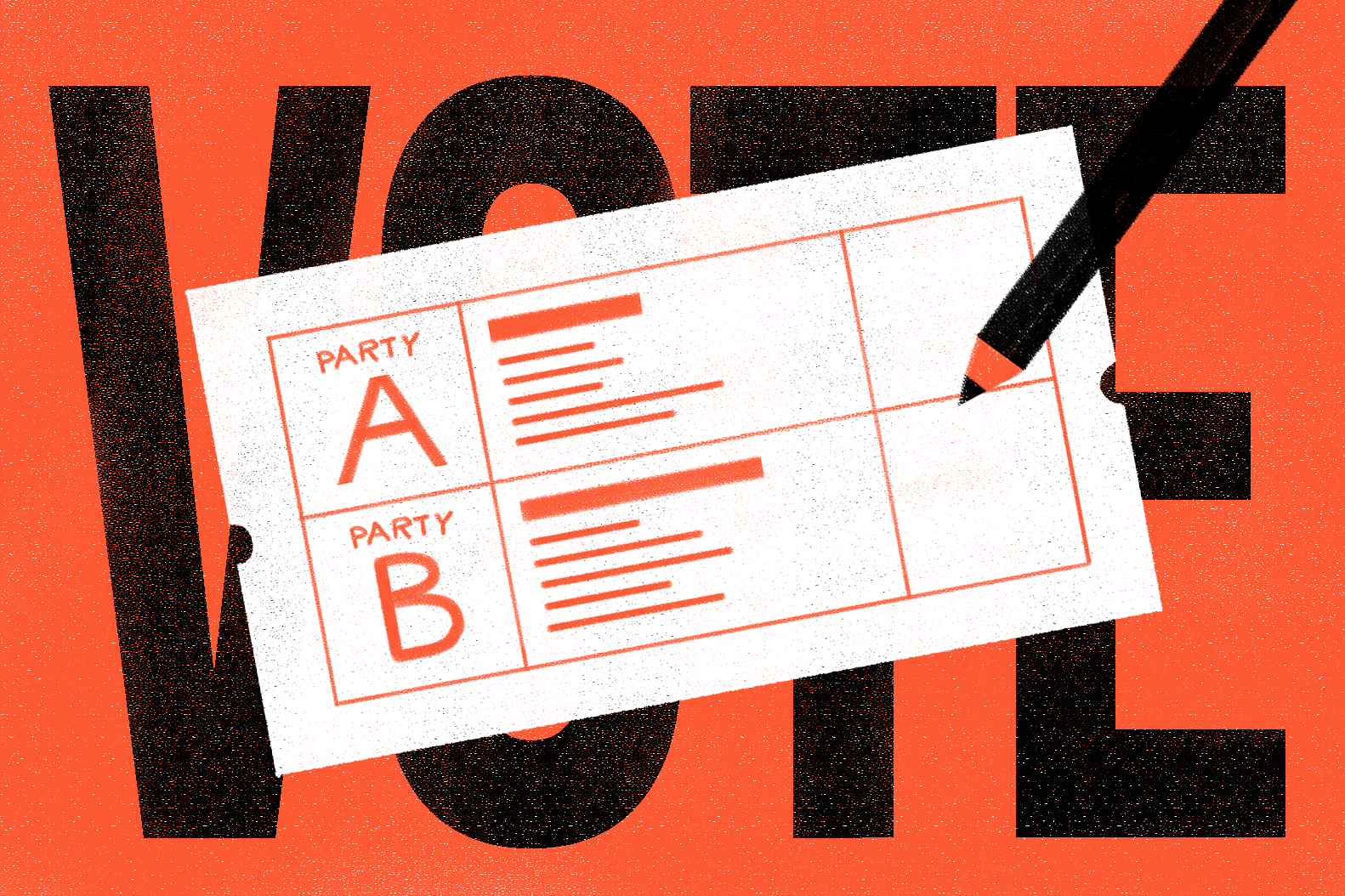My phone was flooded with forwarded messages of the stricter measures that were announced on Friday.
Along with it came a barrage of emotions expressed through words and stickers, a mix of frustration and dismay that brought back memories of when the circuit breaker was first announced.
Personally, I was a little annoyed that my plans had to change, but I was also overwhelmed with gratitude. My reaction surprised me. Who would be grateful for tighter limits?
As I pondered over it, I realised that one year of COVID-19 and going through the circuit breaker last year has taught me much about contentment and gratitude for what I have, even though much was and still is being taken away.
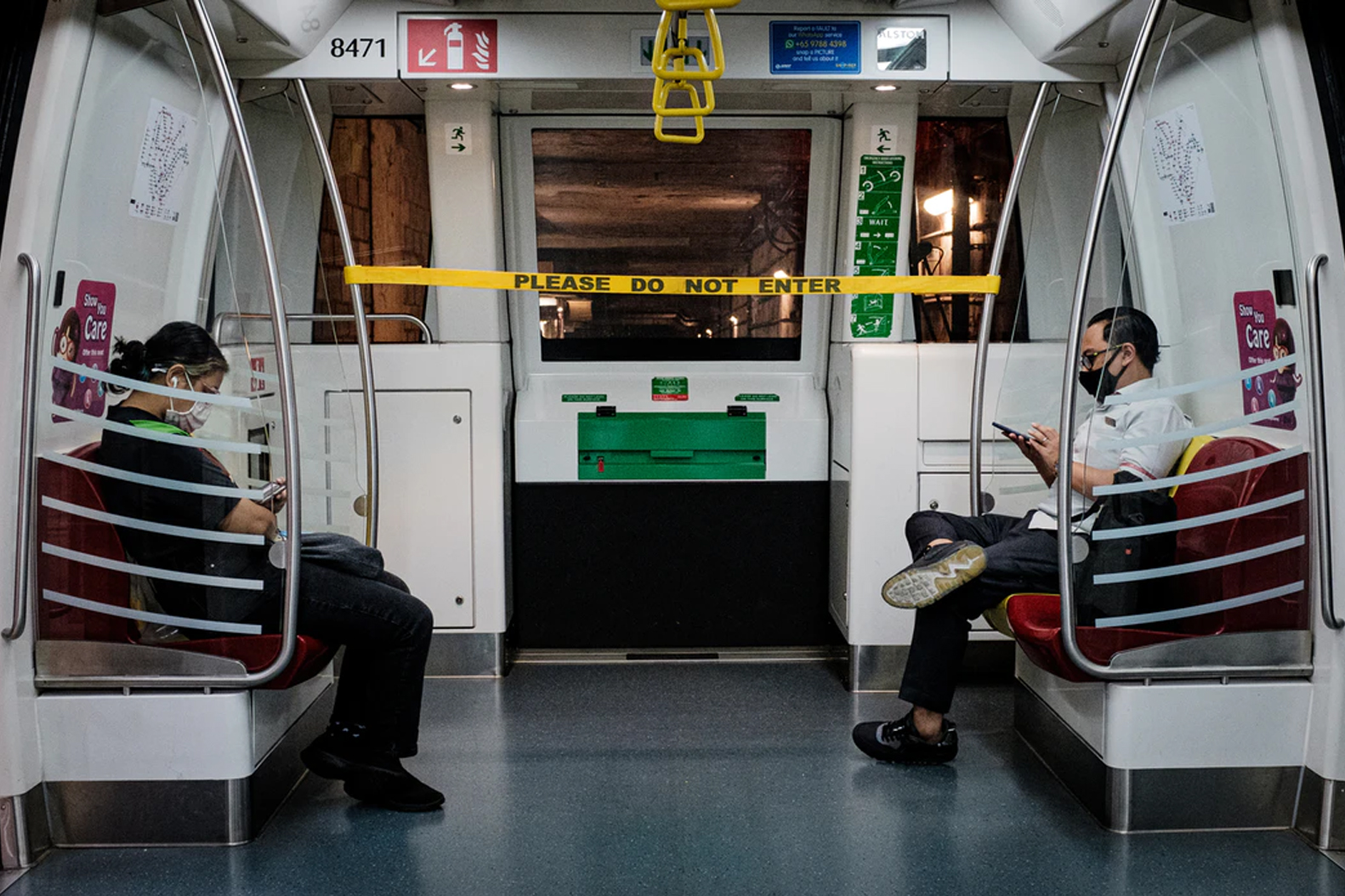
The last few days and weeks were filled with constant deliberation on how to conduct cell group and whether or not to mingle with friends. There was confusion, constant flip-flopping and really no sense of certainty of how things may turn out.
For the most part, I continued my life as though things were still “normal”, while recognising the new developments and respecting decisions to postpone certain activities and move things online.
As the situation worsened, I acknowledged the need to make adjustments to plans and prioritise my health and safety, as well as that of my friends, family and the people around me.
This was in stark contrast to how I felt before last year’s circuit breaker.
I had plans to travel and do missions, which were dashed. While I had accepted the state of things then, it was largely out of resignation knowing I did not have much of a choice.
Looking back on that, I have seen myself grow through my ability to adapt by being grateful.
It is easy to complain and lament the need to cancel activities that I have been looking forward to in the weeks ahead. However, I am reminded of how important these new restrictions are.
In many ways I see them as a blessing to curb the spread of a more infectious strain of the virus. They are also a timely reminder of the good governance that God has blessed us with.
I recognise that this is far more important than my plans to enjoy myself and have fun at the expense of my own health and that of others. And while I have had to adjust my plans, it did not come from a posture of resignation this time.
Instead, it was motivated by greater social responsibility and the desire to love my neighbours as myself (Mark 12:31).
The pandemic has also helped me realise that nothing is certain.
While not a return to normalcy, Phase 3 was a blessing to me. I cherished being able to meet my friends and having on-site church services and cell group once again.
The thought of things taking a bad turn surely did not cross my mind.
Even all our government policies and health guidelines, which have been lauded by man, haven’t been able to prevent the rise in community cases.
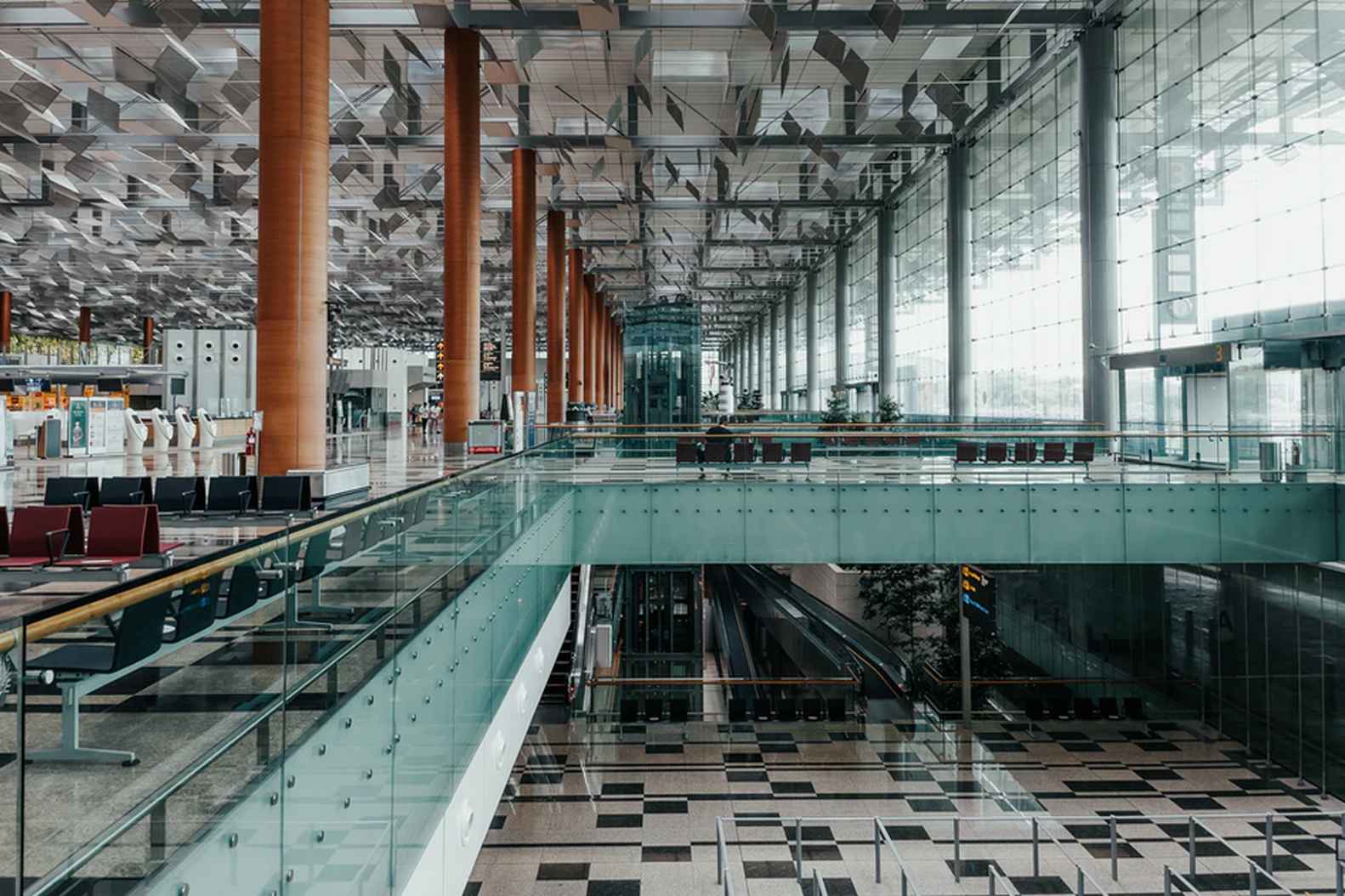
However, things are different now.
Last year, it was initially difficult for me to see how God could still be good when my plans were disrupted and I had to stay in Singapore. This time, I have learnt to let go more freely, trusting in God’s ways.
I am letting God guide me in being connected with the friends I was supposed to meet over meals, and being rooted in the various communities and circles I am in to bless and be blessed.
I still have my struggles, and there is definitely room for me to grow in my adaptability and trust in God.
But when I reflect on the new announcement, I am reminded of what Scripture tells us about putting our trust in things that might give us a false sense of certainty.
Psalm 20:7 and 146:3-6 encourages us not to trust in chariots, horses and princes – as they are a source and symbol of strength in battle – but instead to trust in the Lord who is powerful and gives hope.
His sovereignty (Psalm 89:11) ought to cause us to remember that He is our only source of certainty in a pandemic that He has ultimate control over.
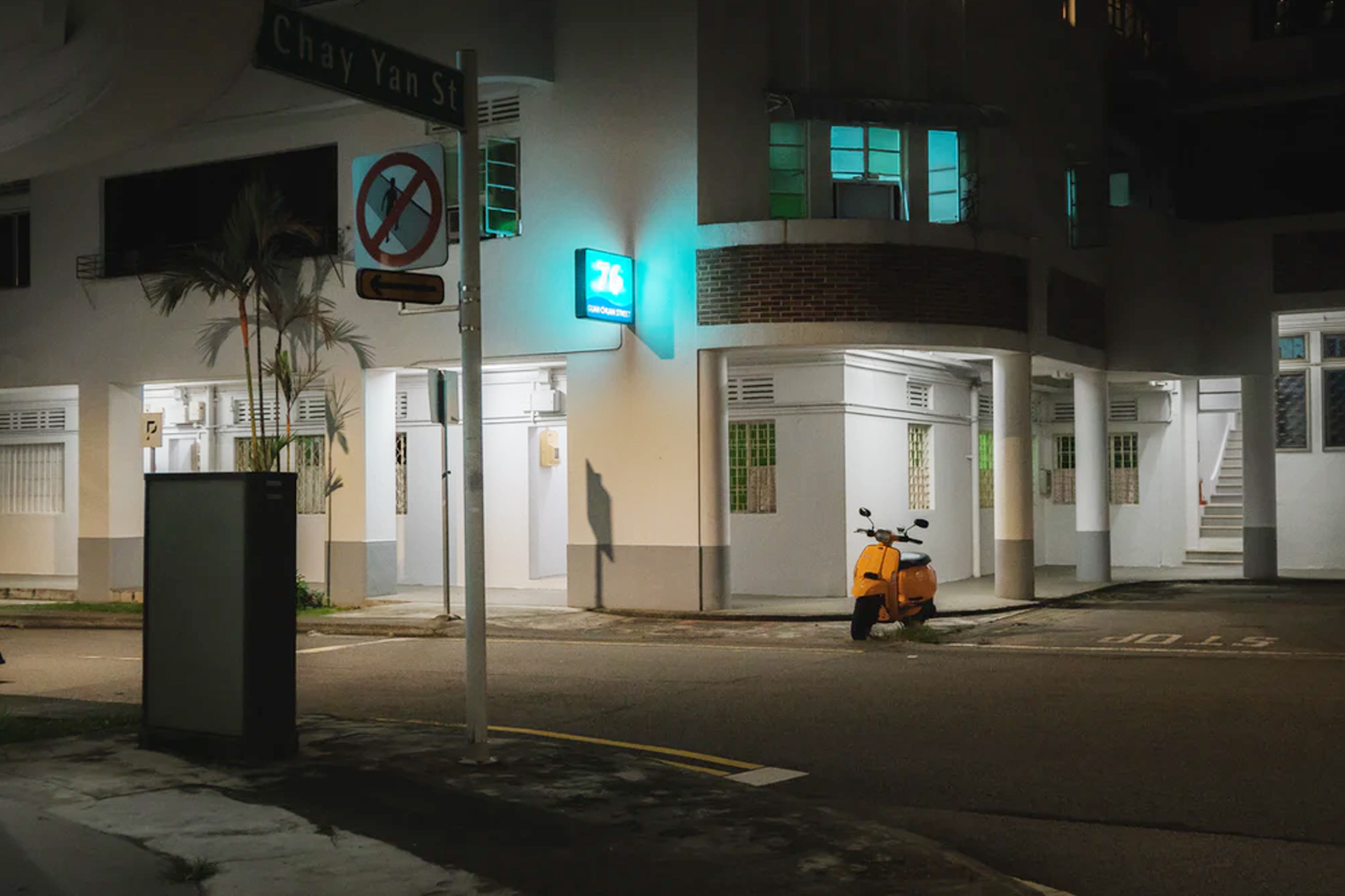
With all that has happened, I firmly believe that we should find space to pause and consider a few of these questions.
Firstly, have we taken for granted what we’ve had for the last few months in Phase 3?
Have we become like the Israelites in the wilderness, who constantly grumbled and complained even after experiencing God’s blessings and seeing His hand of deliverance (Exodus 16)?
It is alright to feel disgruntled, but instead of ranting and sulking about the changes, let us bring these emotions to God and ask Him to show us how to respond in this time.
Secondly, are there areas in our life we can be grateful for?
The Lord can give and take away, but will our heart choose to bless the name of the Lord (Job 1:21)? Let us turn to the Lord to ask for strength to still praise His name and be grateful for the blessings He has given unto us, whatever they may be.
Thirdly, how much do we trust in the Lord and His sovereign will as we move into Phase 2?
Will we make Him our source of trust and strength amid the uncertainty, and find comfort in the Lord as our shepherd so we can rest (Psalm 23:4)?
May we be challenged to trust in the Lord and lean not on our own understanding, so that as we submit all our ways to Him, He will straighten our paths and direct us in all we do (Proverbs 3:5-6).
It is not an easy time for us to be grateful and to trust in God’s goodness and sovereign will when our plans are dashed and our lives are reordered once again.
But as we adjust, may we seek the Lord and ask Him to show us how much we have grown, as well as the areas in our life we need Him to continue working in.
Let us use this transition to walk closer with the Father and be refined. Take heart and stay safe!


